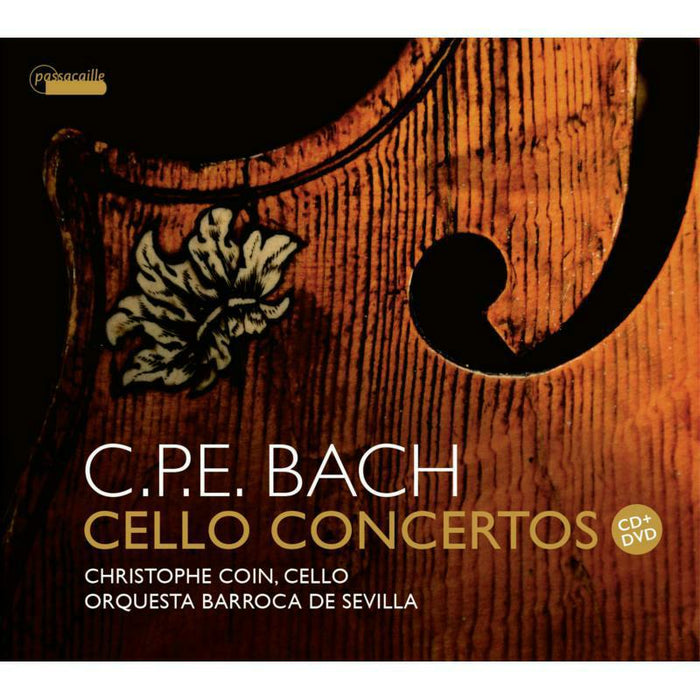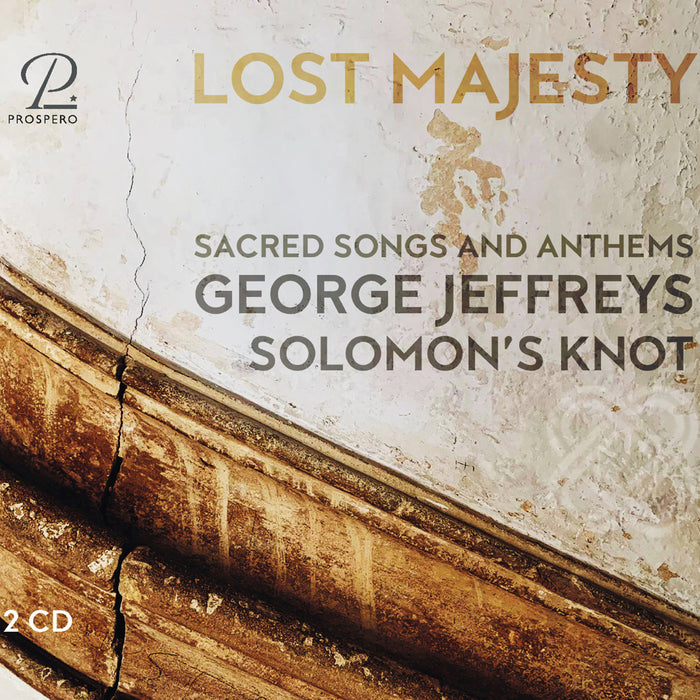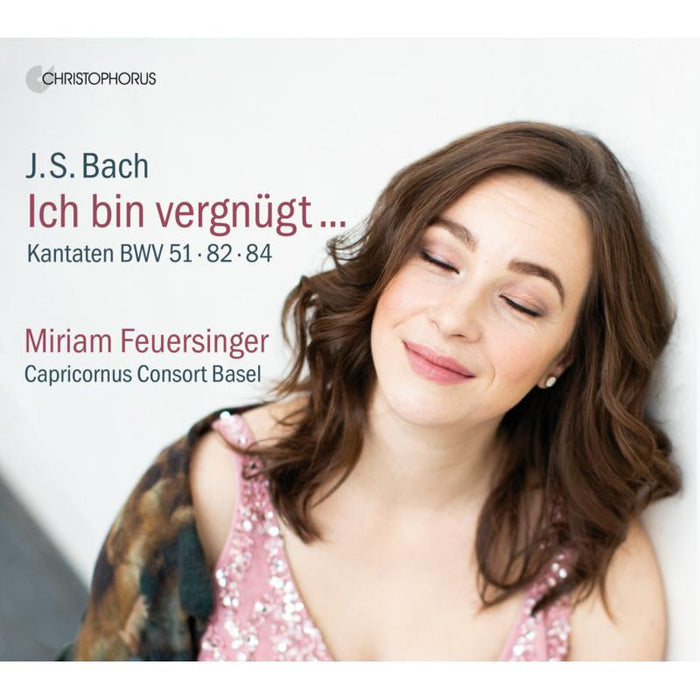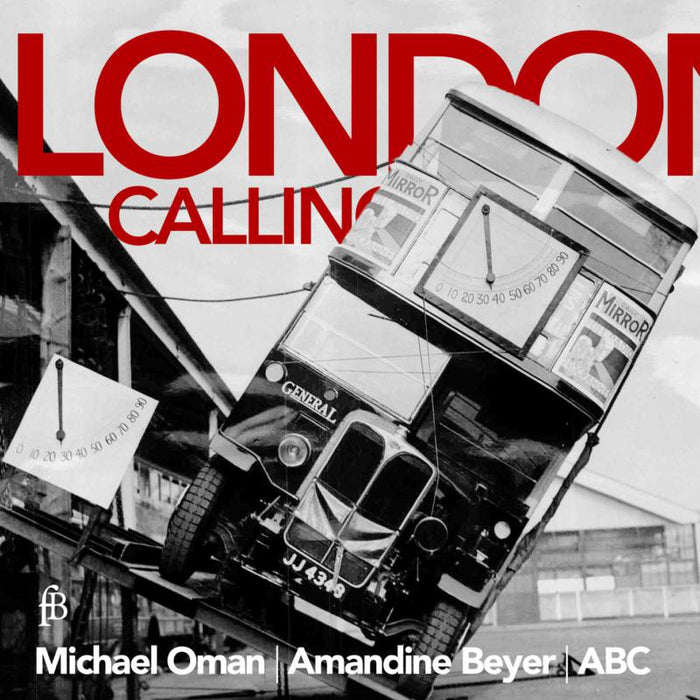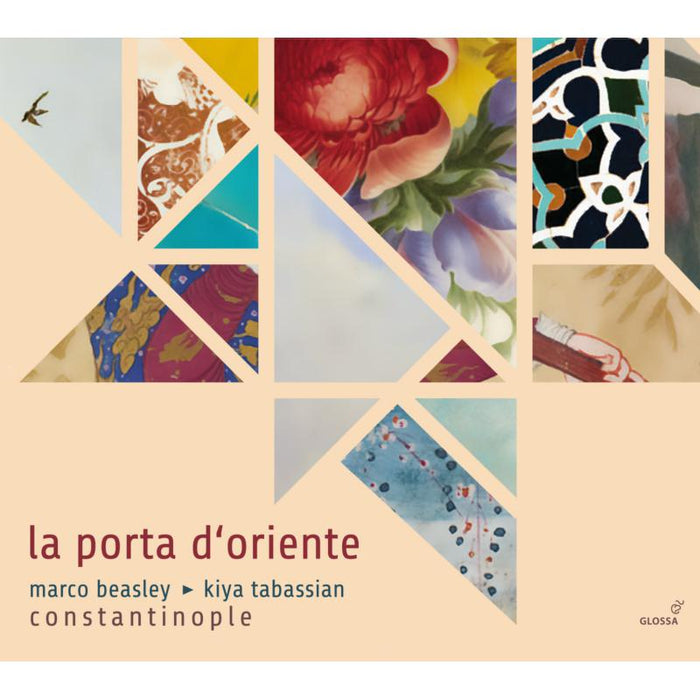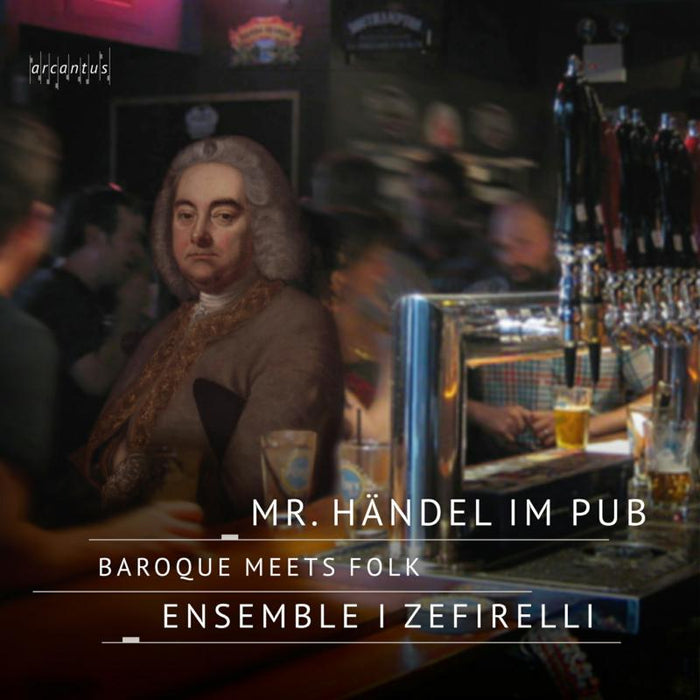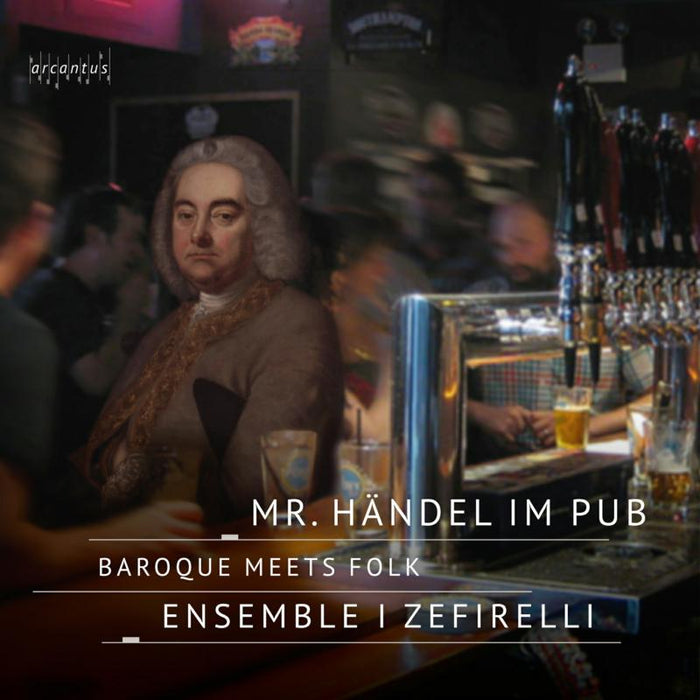Description
In the Baroque era, European society turned its gaze to foreign countries in the Orient, with Persia exerting a particular fascination that was not necessarily anthropological in nature.
Foreign countries and figures made it possible, for example in Montesquieu's famous Lettres Persanes (1721), to express and disseminate the new Enlightenment ideas, such as criticism of absolutism, under the guise of the exotic. However, music was less philosophical or anthropological; Persian themes tended to provide a special "kick" in opera or instrumental music.
Gambist Simone Eckert presents such works with Persian subjects with her Hamburger Ratsmusik on the new album Persian & Baroque and has teamed up with the Neoclassical Ensemble of Tehran for this. This formation, under the direction of musicologist Arash Mohafez, specializes in Persian music that has been passed down in ancient manuscripts, while traditional Persian musicians and ensembles usually play music that has been passed down orally and whose origins only go back to the 19th century.
The Neoclassical Ensemble complements the baroque program with classical Persian pieces from surviving manuscripts from the 17th and 18th centuries. The special feature of the cooperation between these two formations is that both the European baroque repertoire and the Persian classical repertoire are shared by the ensembles.


